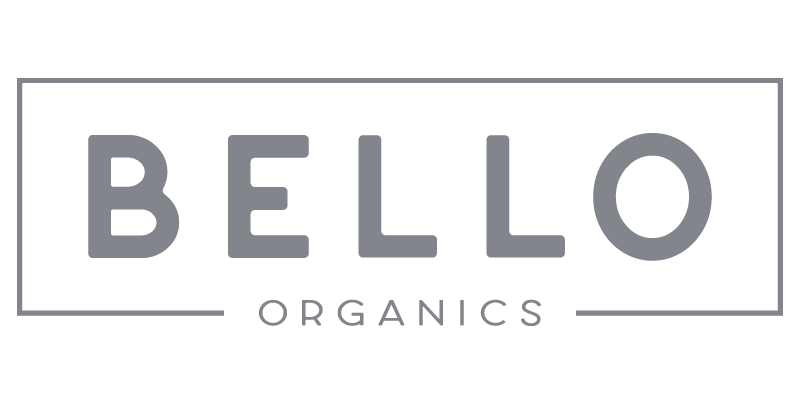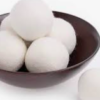Echinacea is an herb that is native to North America. The herb was first used by Native Americans to treat coughs/colds, tooth aches and snake bites. There are nine species of the plant. The root, flower and leaves are all utilized for medicinal purposes. Echinacea has been proven to improve immunity, inflammation, blood sugar, and skin conditions.
Modern day scientific studies have proven that Echinacea increases white blood cells supporting the immune system by its ability as an immunomodulator and its ability of direct antibacterial/antiviral activity. Which basically means it acts as an agent that modulates the immune response. It inhibits pro-inflammatory cytokines. Cytokines occur during oxidative stress, when the immune system becomes over whelmed by a cold or upper respiratory infection. Echinacea unloads its antioxidant properties to help during oxidative stress to “calm down” the response. It also acts by engulfing invasive microorganisms, bacteria, pathogens and other cellular debris. This immune response is known as “phagocytosis”. The herb also stimulates apoptosis also known as controlled cell death which can attack cancer cells.
Health Benefits
- Immunity- May shorten the lifespan of a cold, flu, upper respiratory infections
- Inflammation- Pain
- Blood sugar- Lowers blood sugar
- Mental Health- Anxiety, ADHD
- Skin health- Burns and wounds
- Vaginal candidiasis, urinary tract infections, human papilloma virus
- Laxative
- Anti-cancer properties, low white blood cell count- Human-based research is limited
How to Use Echinacea
Echinacea comes in many forms including tablets, liquid extracts, a dried herb, juice, and teas. There are concerns regarding the quality of Echinacea products on the market. Some products are mislabeled and can contain contaminates such as selenium, arsenic and lead. Use caution regarding where you purchase.
Side effects
- Skin- Rashes, itchy skin, hives, swelling
- GI- Nausea, diarrhea and upset stomach
- Dizziness and confusion can occur with high doses
- Muscle or joint pain
- Unusual taste in the mouth, dry mouth, numb feeling in your tongue
- Headache, fever, sore throat
- Insomnia
Echinacea is considered safe for short-term use. It is not completely understood the effects of long term use. However, it is suggested that in can lead to hepatotoxicity due to components in the flower. It is not recommended for expectant and breast feeding moms or those with autoimmune disorders. Those with allergies to other flowers can develop an allergic type reaction.
Drug Interactions
- Caffeine
- Immune Suppresents
- Medications metabolized in the liver (i.e Tylenol)
- Echinacea might change how the body breaks down some medications
*Disclaimer- Please seek health advice from your provider before trying any of the above mentioned supplements. Only you and your provider understand your child’s health history. These supplements are not considered cures for any ailments








